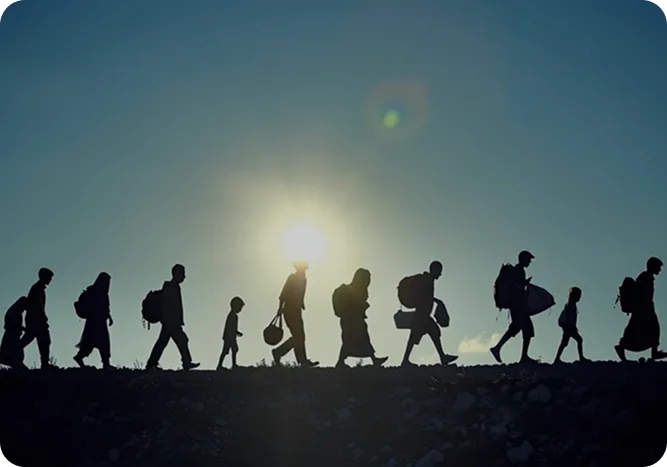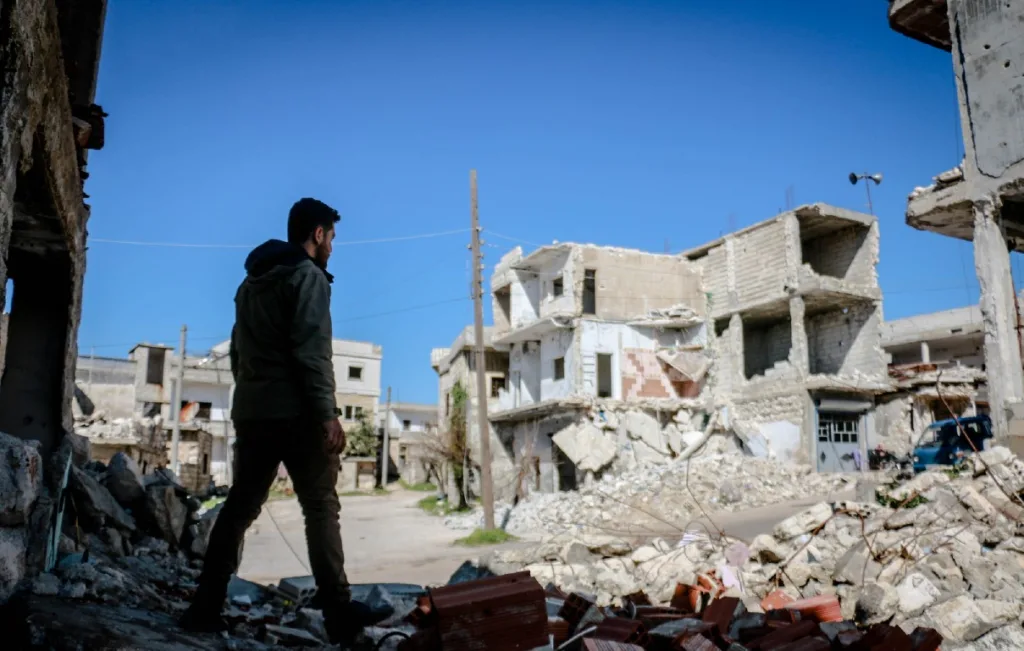Types of Protection

REFUGEE STATUS
Refugee status means a recognition that a third-country national or a stateless person is a refugee according to the 1951 Convention relating to the Status of Refugees. A refugee has a well-founded fear of persecution due to one (or more) of the following reasons:
- Race
- Religion
- Nationality
- Political opinion
- Membership of a particular social group

SUBSIDIARY PROTECTION
Subsidiary protection is granted to third-country nationals or stateless persons who do not qualify for refugee status but who nonetheless are at risk of serious harm if returned to their country of origin or place of habitual residence, on the basis of one of the following:
- Death penalty or execution
- Torture or inhuman or degrading treatment or punishment
- Serious and individual threat to a civilian’s life or person due to indiscriminate violence in a situation of an ongoing armed conflict


TEMPORARY HUMANITARIAN PROTECTION
Temporary Humanitarian Protection is a national form of protection that is given to rejected asylum seekers, i.e., applicants who have not met the eligibility criteria for refugee or subsidiary protection status. THP is given at the discretion of the International Protection Agency, and as such, is not subject to appeal. It is given on the basis of three grounds:
- An unaccompanied minor who cannot be returned to his country of origin pursuant to the principle of the best interests of the child
- An individual who is terminally ill or suffers from a severe or life- threatening medical condition that cannot be treated in his/her country of origin, or if treatment is available, he/she would not have access to it
- A person who cannot be returned due to other humanitarian considerations. Such considerations may include cases of serious disability that significantly affect the person’s ability to conduct a normal life.
It is important to bear in mind that the granting of THP or otherwise is at the sole discretion of the IPA, meaning that the IPA has no legal obligation to grant this national form of protection.


